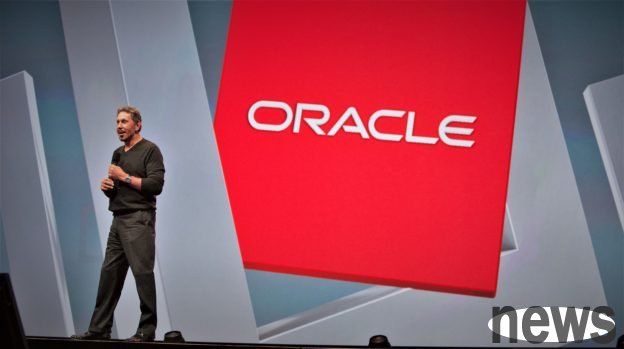
Oracle’s stock price plunged under the impact of market rumors that the gross profit margin of its AI server rental business was only 14%. However, Wall Street analysts believe that gross profit will eventually stabilize, and this is a good opportunity to buy at low prices.
The Information reported on the 7th, quoting internal company documents, that although Oracle generated approximately US$900 million in revenue from June to August by leasing servers with built-in NVIDIA (Nvidia) AI chips, its gross profit was only US$125 million, which translates to a gross profit margin of only 14%, which was lower than what many Wall Street analysts had originally expected. In comparison, Oracle's overall gross profit margin is about 70%.
According to reports, Oracle may be facing gross profit challenges after its recent transformation into a cloud and AI service provider. In addition to NVIDIA chips being very expensive, the company has also adopted an aggressive pricing strategy for AI chip rental services.
TheFly, Investing.com and other foreign sources reported that Mizuho analyst Siti Panigrahi reiterated Oracle's investment rating on the 7th as "outperform" with a target price of US$350, believing that this drop in the stock price created a "buying opportunity." Oracle's current price-to-earnings ratio is as high as 63.64 times, reflecting investors' high expectations for the company's growth.
Panigrahi said that Mizuho had already analyzed Oracle’s investment controversy in a recent research report, and The Information’s article did not provide any additional information.
Mizuho firmly believes that The Information's report actually supports the view that Oracle's gross profit will gradually improve as its scale expands, further strengthening the securities' belief that the gross profit margin can reach 25%.
Oracle is scheduled to hold the "AI World/Financial Analyst Day" on October 16. Panigrahi continued to be optimistic before the meeting, believing that Oracle would be able to clarify many doubts in the market and become an important catalyst for the stock price.
Guggenheim analyst John DiFucci also pointed out that although the initial revenue generated by the cloud computing agreement may contribute less to Oracle's gross profit, the company is unlikely to accept an arrangement where the gross profit margin will always be lower than 25%.
DiFucci said that Oracle can provide better performance at a lower cost and has become a model standard for AI training. The lower cost is not because Oracle is doing good things, but because the company charges less fees but can still earn good profits.
Oracle's stock price fell by more than 7% at the opening on the 7th, and the final decline converged to 2.52%, closing at $284.24. NVIDIA's intraday decline was as close as 0.6%, and ended with a slight drop of 0.25% to close at $185.04.
Further reading US media: Oracle’s NVIDIA chip leasing business only has a gross profit margin of 14%